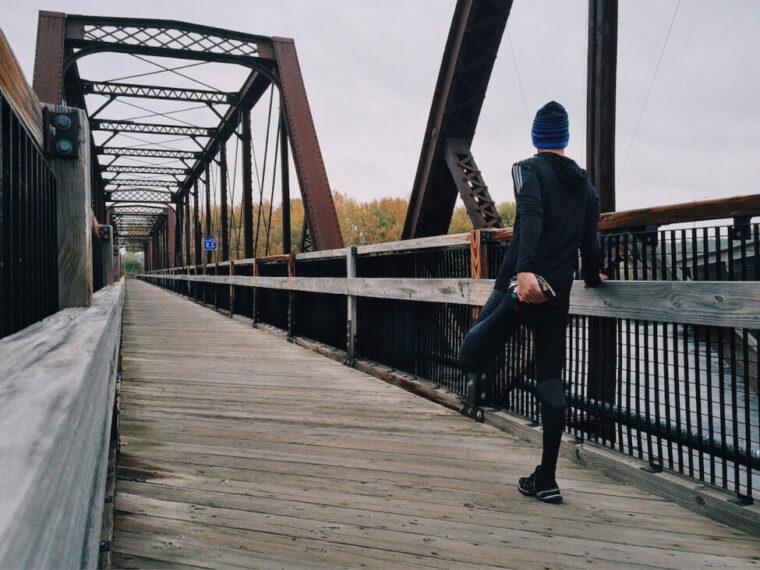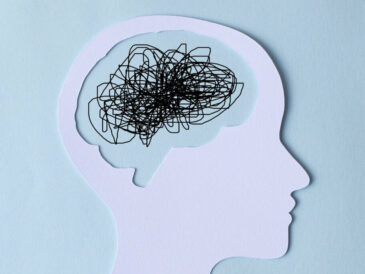You are well aware of the benefits that exercise may bring to your body. Did you know that it can also enhance your mood, help you sleep better, and assist you in coping with conditions such as depression, nervousness, anxiety, and much more?
What Are the Advantages of Physical Activity on One’s Mental Health?
The benefits of exercise extend far beyond improvements in aerobic capacity and muscular growth. Exercising regularly can, without a doubt, help you live longer, improve your sex life, reduce your waistline, and enhance your overall fitness. It can even add decades to your life. However, this is not what drives the majority of people to maintain an active lifestyle.
People who exercise frequently typically do so because they find that it provides them with a significant increase in their overall sense of well-being. They report having more energy throughout the day, sleeping better at night, having clearer recollections, and a general sense of increased relaxation and optimism regarding both themselves and their life. In addition to this, it is an effective treatment for a wide variety of common mental health problems.
Exercising consistently can have a significant and beneficial effect on mental health conditions such as ADHD, anxiety, and depression. In addition to these benefits, it will help you relax, remember things better, sleep better, and have an overall better attitude. And the best part is, you don’t even have to be a health and fitness nut to receive the rewards. According to the findings of recent research, even a moderate level of physical activity can have a significant impact. You may learn to use physical activity as a strong tool to cope with mental health issues, increase your energy and attitude, and enjoy more of life no matter how old you are or how to fit you currently are.
Exercise and Depression
Studies have shown that low to mild depression can be treated with exercise just as efficiently as it can be treated with antidepressant medication but without negative side effects. One recent research that was carried out by the Harvard T.H. Chan School of Public Health indicated that engaging in physical activity for at least one hour every day, such as walking or jogging for fifteen minutes, can reduce the risk of major depressive disorder by twenty-six percent. Further to alleviating the symptoms of depression, studies show that keeping up with an exercise routine can also help avoid a relapse of the condition.
For several different reasons, physical activity is an effective treatment for depression. Most significantly, it encourages a wide variety of alterations in the brain, including the formation of new synaptic connections, a reduction in inflammation, and new behavioral patterns that encourage feelings of calmness and general well-being. Additionally, it causes your brain to produce endorphins, which are potent molecules that lift your mood and give you a general sense of well-being. Last but not least, physical activity has the potential to act as a diversion, allowing you to find some peace and escape the vicious cycle of negative thinking that contributes to depression.
Exertion and the Feeling of Anxiousness
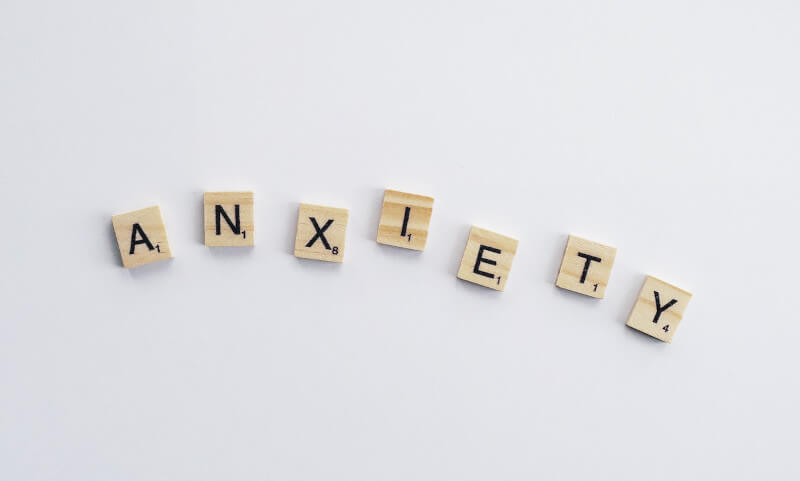
Exercising is one of the most effective and natural treatments available for anxiety. It reduces feelings of tension and stress, increases both mental and physical energy, and improves overall well-being since it causes endorphins to be released. Everything that gets you active might be beneficial, but you’ll get more out of it if you pay attention to what’s going on around you rather than tuning it out.
Make an effort to become aware of the sensations that are occurring around you, such as the sound of your feet striking the ground, the cadence of your breathing, or the sensation of the air on your skin. You will not only be capable of improving your physical condition more quickly by including this element of mindfulness—really concentrating on your physique and how it feels as you exercise—but you may also be able to break the flow of incessant anxieties that are going through your thoughts by doing so.
Working Out and Tension
Have you ever paid attention to how your body reacts when you are under a great deal of pressure? Because of the tension in your muscles, particularly in your face, neck, and shoulders, you may be experiencing discomfort in your back or neck as well as unpleasant headaches. You can have constriction in your chest, a thumping in your chest, or cramping in your muscles.
Sleeplessness, indigestion, stomach pain, diarrhea, and increased urination are some of the other potential side effects that could occur. The anxiety and discomfort caused by all of these physical ailments can, in turn, contribute to additional tension, causing a cycle of tension between your body and mind that is difficult to break.
The best approach to interrupt this cycle is to start exercising regularly. Physical activity not only helps the brain to release endorphins, but it also helps the muscles to relax and relieves tension throughout the body. Your state of mind will improve along with the state of your body because of the strong connection that exists between the two.
Physical Activity and ADHD
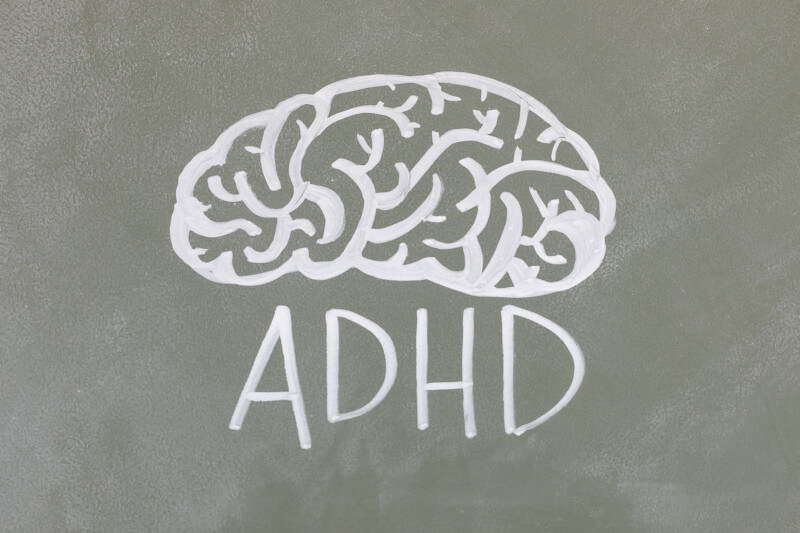
Regular exercise is one of the simplest and most efficient strategies to alleviate the symptoms of attention-deficit hyperactivity disorder (ADHD), as well as to enhance focus, ambition, cognition, and temperament. Dopamine, norepinephrine, and serotonin are all neurotransmitters that regulate focus and attention. Levels of these neurotransmitters are quickly increased in the brain after engaging in physical exercise. In this respect, the effects of exercise are comparable to those produced by ADHD medicines such as Ritalin and Adderall.
Exercising Can Help Those With PTSD and Trauma
Data shows that if you concentrate on your body and how it feels while you exercise, you can ultimately help your stress response become “unraveled” and start moving out of the incapacitation response to stress that is characteristic of PTSD or trauma. As your body moves, rather than letting your thoughts wander, focus on the sensations that arise in your joints, muscles, and even your internal organs. Activities that involve cross movement and that use both arms and legs, such as strolling (particularly in sand), jogging, swimming, weightlifting, or dancing, are a few of your greatest possibilities.
There is evidence that participating in outdoor sports such as trekking, windsurfing, bike riding, rock climbing, river rafting, and skiing (both downhill and cross-country) can help alleviate the symptoms of post-traumatic stress disorder (PTSD).
Additional Positive Effects of Exercise on One’s Mental Health
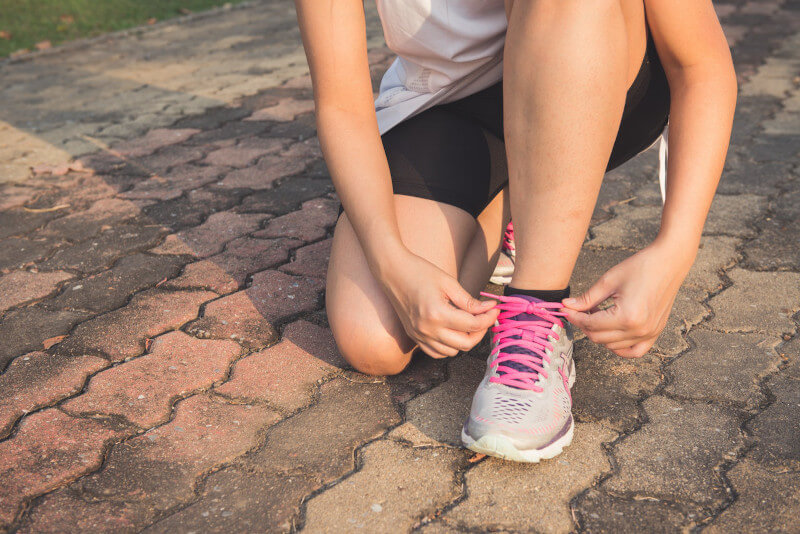
Regular exercise can provide a pleasant lift to your mood, attitude, and psychological well-being even if you don’t suffer from a psychiatric disorder. This is because exercise releases endorphins, which are feel-good brain chemicals.
Exercise Can Help Provide the Following
Enhanced abilities in both memory and reasoning The very same endorphins that improve your mood equally enable you to concentrate, which in turn makes you feel more cognitively alert and ready to tackle the tasks at hand. In addition to these benefits, regular exercise helps reduce age-related cognitive loss and promotes the creation of new brain cells.
Positive Self-Esteem
Participating in regular physical activity is like committing your mind, body, and spirit. When it becomes ingrained in your routine, it has the potential to enhance your confidence in yourself and give you the impression that you are powerful and capable. You’ll have more positive feelings about your looks, and a feeling of accomplishment will come from achieving even the most modest of your fitness goals.
Quality of Sleep
Even just a few minutes of physical activity in the morning or late afternoon can make a big difference in how well you sleep at night. If you like to work out in the evening, try some calming activities like yoga or stretching before bed to help you get a better night’s rest.
More Vitality
You can obtain additional get-up-and-go by elevating your heart rate on multiple occasions over a week. You should begin by exercising for only a few minutes each day, and as your energy levels improve, you should gradually increase the length of your workouts.
Greater Resistance to Stress
Exercise can assist you to build resilience and deal with the emotional and psychological obstacles you confront in life healthily, rather than turning to drink, drugs, or other bad behaviors that, in the end, will only make your conditions worse. Participating in regular physical activity can not only assist boost your immune system’s defenses but also lessen the negative effects of stress.

